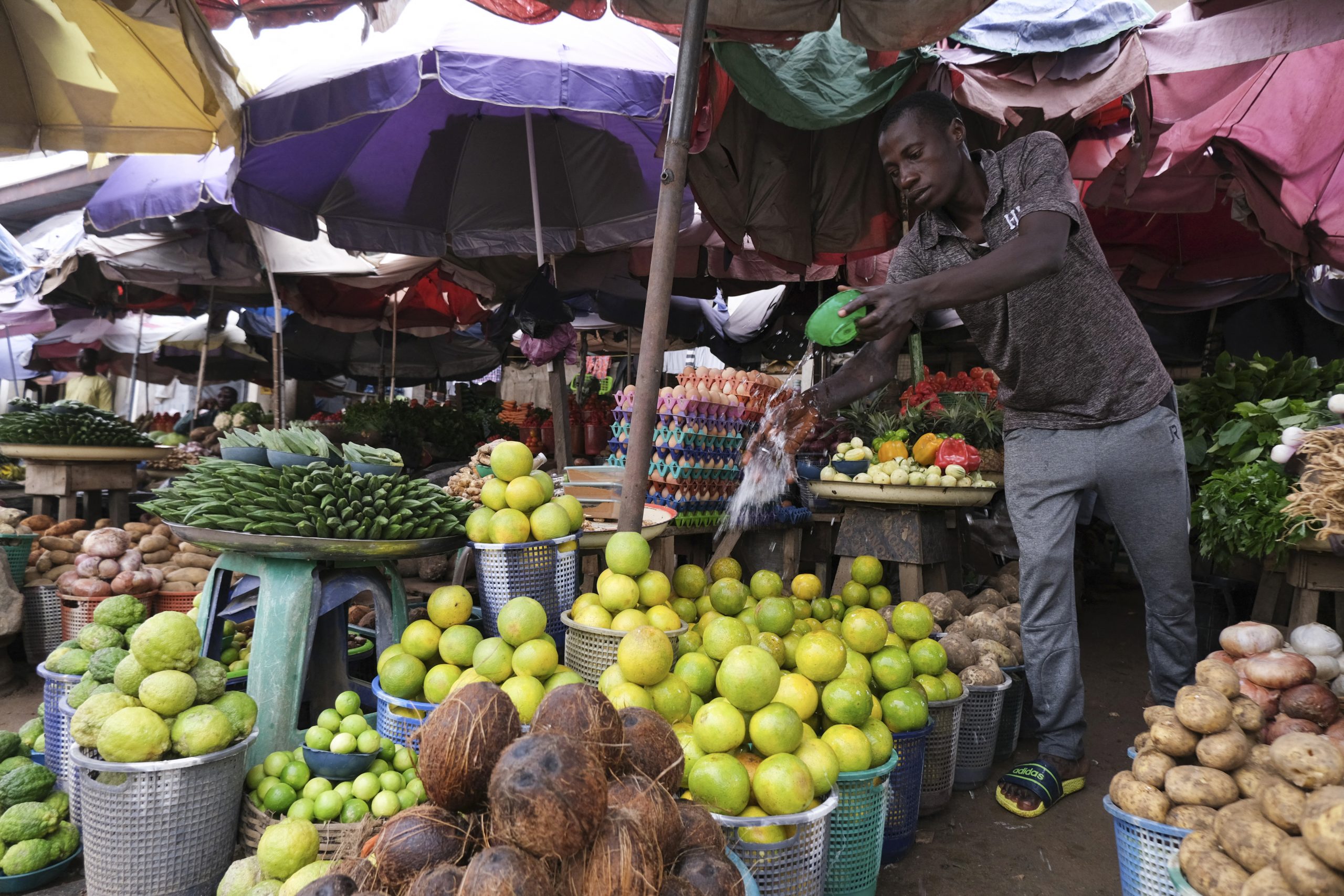
The United Nations Food and Agriculture Organisation (FAO) has advocated for adoption of modern biotechnology practice as one of the tools to develop crops that will withstand climate change and pests, which offers solutions to food security.
The Assistant FAO representative, Prof. Salisu Mohammed, said this in a statement to commemorate the 2024 World Food Day, saying it will provide a holistic approach to tackling food insecurity in Nigeria.
Mohammed also explained that the Federal Government, like other countries of the world, faces the challenge of food insecurity primarily due to many factors – heat waves, conflicts, weather shocks, high temperature, desertification, inequalities, and economic downturns.
“Nigeria faces challenges similar to the rest of the world: climate-related crises, including droughts and floods; economic factors such as inflation and limited production quality; and high insecurity levels due to farmer/herder clashes, banditry, and the Boko Haram insurgency,” he added.
While stressing that there are limited livelihood options and restricted access to functional markets, Mohammed highlighted the March 2024 Cadre Harmonisé (CH) projection, which indicated that 31.8 million Nigerians are at risk of acute food insecurity.
“Recently, Nigeria was hit by devastating floods, leading to an estimated food loss of 855,629 metric tons across the country. This amount could feed 8.5 million people for six months. The country will face adversities, but there are solutions if we work together,” he said.
The FAO representative therefore, called for a holistic approach that includes action plan by the government, private sector, civil society, and local communities to tackle impending food security challenges.
“The Federal Government needs to create an enabling environment for production and equitable access to safe and nutritious diets for all through its agricfood systems policies and programmes. It will encourage private sector to invest in agricfood value chains to provide job opportunities.”
He opined that private sector must take responsibility for driving large-scale food production through the deployment of innovative technologies and transparent business models.
“The United Nations will provide technical support to the government to overcome challenges related to low productivity, extreme weather conditions and policy implementation.”
According to him, youth are crucial stakeholders in this. He said engaging young people in agricultural innovation and sustainable practices is essential for fostering a food-secure future. “We must empower them to become advocates for healthy diets and sustainable agricfood systems.
“Equally, women can play a critical role in the agriculture sector. They must participate in decision-making processes. Research institutes and universities need to fund research, aimed at developing resistant, high-yielding varieties, introducing new technologies and techniques.”
Earlier, the Minister of State for Agriculture and Food Security, Aliyu Abdullahi, explained that the objectives of World Food Day are to raise awareness about global food security issues, promote cooperation and action to address hunger and malnutrition, support sustainable agriculture and food systems.
Abdullahi added that the initial policies are to ensure food accessibility, availability, and affordability, and to inspire collective action to achieve zero hunger, reiterating the government’s commitment to reducing the challenges and ensure prosperity for all Nigerians.
He stressed the Federal Government’s commitment to enhancing food security under the Renewed Hope agenda, noting that they are implementing numerous policies, programmes and initiatives to right to food for a better life and a better future in Nigeria by prioritising food security.
“The administration will develop the agricultural sector to meet the objectives of the Sustainable Development Goals (SDGs), as well as improve agricultural and rural productivity. Agriculture remains a potent tool to combat hunger, poverty, and unemployment.”
The minister commended the FAO, World Food Programme, Nestlé Nigeria Ltd., Oxfam, ActionAid, National Agricultural Foundation of Nigeria, All Farmers’ Association of Nigeria and other partners who have contributed significantly to the success of the World Food Day.
He concluded that the adoption of biotechnology in agriculture, combined with collaborative efforts among various stakeholders, is crucial for Nigeria to address the challenges of food insecurity effectively.






